my Grandmother Louise Cook
Born Glasgow Scotland 1871 died 1932 New York USA
Parents Joseph and Margaret Muir
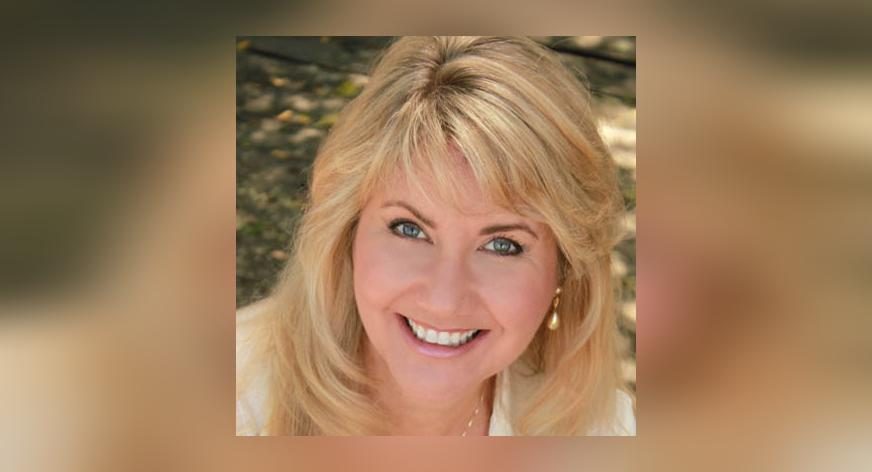

 This is a guest post by Lisa Louise Cooke, founder of Genealogy Gems, a genealogy and family history multi-media company. She is producer and host of “Genealogy Gems Podcast,” the popular online genealogy audio show, as well as the “Family History: Genealogy Made Easy” podcast. Her podcast episodes bring genealogy news, research strategies, expert interviews and inspiration to genealogists. She is also the author of a variety of multi-media materials, including “The Genealogist’s Google Toolbox.” She is also a doting wife to Bill, the proud mom of three daughters, and a grandmother to boot.
This is a guest post by Lisa Louise Cooke, founder of Genealogy Gems, a genealogy and family history multi-media company. She is producer and host of “Genealogy Gems Podcast,” the popular online genealogy audio show, as well as the “Family History: Genealogy Made Easy” podcast. Her podcast episodes bring genealogy news, research strategies, expert interviews and inspiration to genealogists. She is also the author of a variety of multi-media materials, including “The Genealogist’s Google Toolbox.” She is also a doting wife to Bill, the proud mom of three daughters, and a grandmother to boot.
We recently spoke with Lisa about how Google’s online tools have changed the face of genealogy research and using them to help you search, translate, message, and span the globe.
1. Can you highlight some of the main ways Google tools have changed the face of genealogy research?
When the Internet first made its way into our homes in the 1990s there was no way for us to really fathom how vast it would become. The amount of content being added every hour is mind-blowing, and that is why it is no wonder that Google is the mammoth that it is. In a short period of time, just over 15 years, Google has developed an incredible product. It’s not content, but rather the ability to retrieve content. And that fits perfectly with the needs of the genealogist. It means that our world of resources has expanded far beyond the archive and library and into the collective brain trust of those online and, specifically, it means we have the ability to connect with others around the world who may have that one photo or document that would bust open our brick walls. Without the Internet, and Google to help us locate that person and their website, we might never have had access to that information.
2. Genealogy websites, such as MyHeritage, provide users with the ability to search historical documents for information about their ancestors, and learn more details about their daily lives. How can Google tools be used to complement this research?
When I make a new discovery on MyHeritage, I can’t wait to head to Google.com, Google Books and YouTube to run searches on the new information. Discover an address in a census record? Plot it on Google Earth and see it from Street View! Identify the name of the business your ancestor owned? Run to Google Books and search that vast collection of digitized books for mentions of it. A find in MyHeritage is made doubly valuable by cross-searching in the various Google tools, and that may unearth new information that you can then take back to MyHeritage and search further on!
3. You recently released a second edition of your popular book; “The Genealogist’s Google Toolbox.” Why did you decide to write a second edition of this book? Can you tell us about the research conducted for it?
It’s funny, it was never about “if” I would write the second edition, but rather “when.” I knew when I wrote it that it would always be a work in progress, just like Google is a work in progress. I continually immerse myself in the online tech world to stay abreast of how other industries are utilizing technology. And then I throw on my “genealogist” cap and ask the question, how could we leverage what they are using? Nowadays it takes a team of us here at Genealogy Gems to scour the web and spot the emerging Google trends and unearth those shimmering nuggets that I can add to the book to ensure that genealogists benefit from all of Google’s capability.
4. Do you believe that most genealogists can apply the principles you describe in your book?
I made a point to write the book in such a way that anyone with an interest in learning to use Google more effectively can read and understand it. My goal is to remove the anxieties that come with learning new technology with a fun, easy-to-use format. I’ve heard over and over from genealogists that they find themselves keeping it by their computer keyboard and turning to it whenever they hit the Web, regardless of whether or not their searches have something to do with genealogy. One gentleman, who runs his own company, told me recently at a conference that he is putting a copy on each of his employees’ desks because after reading the book it was obvious to him that they are not searching effectively or efficiently.
5. Which Google tools do you personally use most frequently in your own genealogy research?
That’s a challenging question to answer because I bounce from tool to tool throughout my day. Certainly I spend a lot of time on Gmail and Google, but more and more YouTube is my go-to source for quick answers. And then I have Google Alerts running 24/7 in the background digging up new webpage resources for me. My newest Google passion is Google Drive which includes Google Docs. All in all, I see it as a wonderfully orchestrated Google symphony!
6. Which Google tool do you find the most effective, yet is the least-used tool for conducting genealogy research?
The Google tool that has what you need for the task at hand at any given time is the “most effective.” But that’s true with all tech tools, isn’t it? But seriously, the most effective, far-reaching tool has to be Google.com search itself. If you can master that, then the power of all the other tools is at your disposal. That’s because the same search engine is under the hood of Google Scholar, Google Patents, YouTube, Gmail, Google News Archive, Google Books, Google Earth etc. However, when it comes to the “most effective, yet least-used tool” (by genealogists) it’s a three-way tie between Google Books, Google Earth and YouTube.
7. A number of chapters in your book focus on Google Earth. Can you please tell us about this free tool and some key ways to utilize it in genealogy research?
Google Earth is free mapping software that you download to your computer and use while connected to the internet. That Internet connection not only delivers the satellite imagery, but also gives you access to incredibly powerful data sets you can use with the map such as historic maps. When you consider that genealogy is deeply rooted in location, it makes perfect sense that Google Earth has a lot to offer genealogists.
You can start simply by plotting on the map where your ancestors lived, worked, and went to school. By doing so, you begin to visualize data in geographic context. That’s fantastic from a research standpoint.
Very soon after I started using it for my research, I began to see the potential in using it as a storytelling tool. I soon developed what I call Family History Tours, which I show my readers how to create. The potential of Google Earth is limitless, and that’s why I devoted five full chapters in the book to it. I encourage everyone to watch my free video class called Google Earth for Genealogy for an exciting introduction into how I used Google Earth to solve a mystery in my family, and how to use it in their own research.
8. Are there other topics or themes you would have liked to include but that didn’t make it into the book?
One thing that just can’t be accomplished in a book is showing a program or website in real-time action. This was particularly important to me when it came to Google Earth. So I created a video series that is the ideal complement to those chapters. It’s available in my store.
As I mentioned before, one of my newest Google passions is Google Drive. I was slow to warm up to it, but now that I have researched it in depth, I can really see the benefits for not only genealogy, but all my computing. Stay tuned to the Genealogy Gems Blog and The Genealogy Gems Podcast for more on Google Drive.
9. A family tree isn’t just limited to names and dates – it’s used to tell the stories of family members and about the lives they led. How can Google tools be used to enhance the family researcher’s ability to tell a richer family story?
As I mentioned previously, Google Earth is one of my favorite tools for telling compelling family history stories. You can mark important locations, and photos, document, videos, ebooks, and other types of multi-media content that bring those places and stories to life.
Then, to add icing on the cake, you can make a video recording within Google Earth as you move through your map, and even record narration. The final result is a KMZ file that can be viewed by anyone who has downloaded the free Google Earth program.
Even the non-genealogists in your family will be mesmerized, and the kids will feel like they are using a video game of their family history because KMZ video files are also interactive.
And the best news: if you can click, copy and paste, you can create Family History Tours in Google Earth!
Lisa’s book is available here.
What is your favorite internet tool for your genealogy research? Let us know in the comments below!

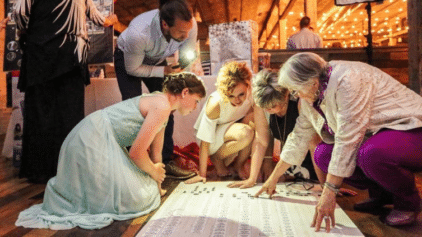
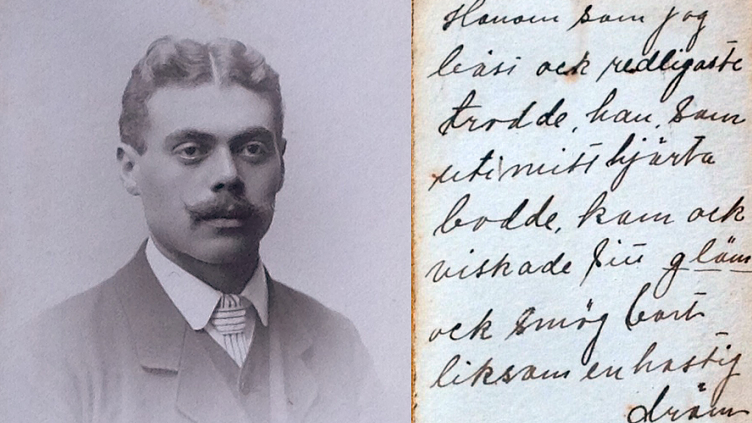
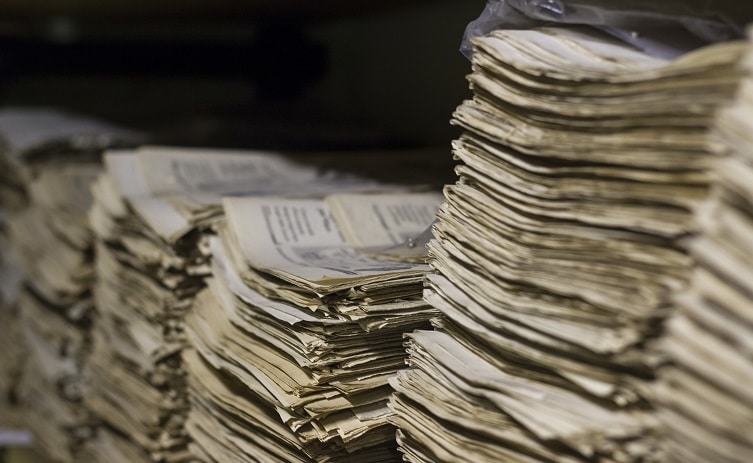


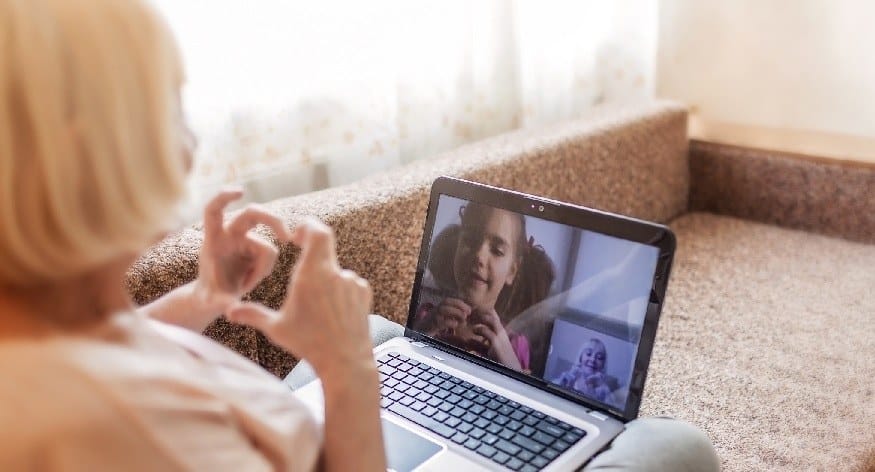
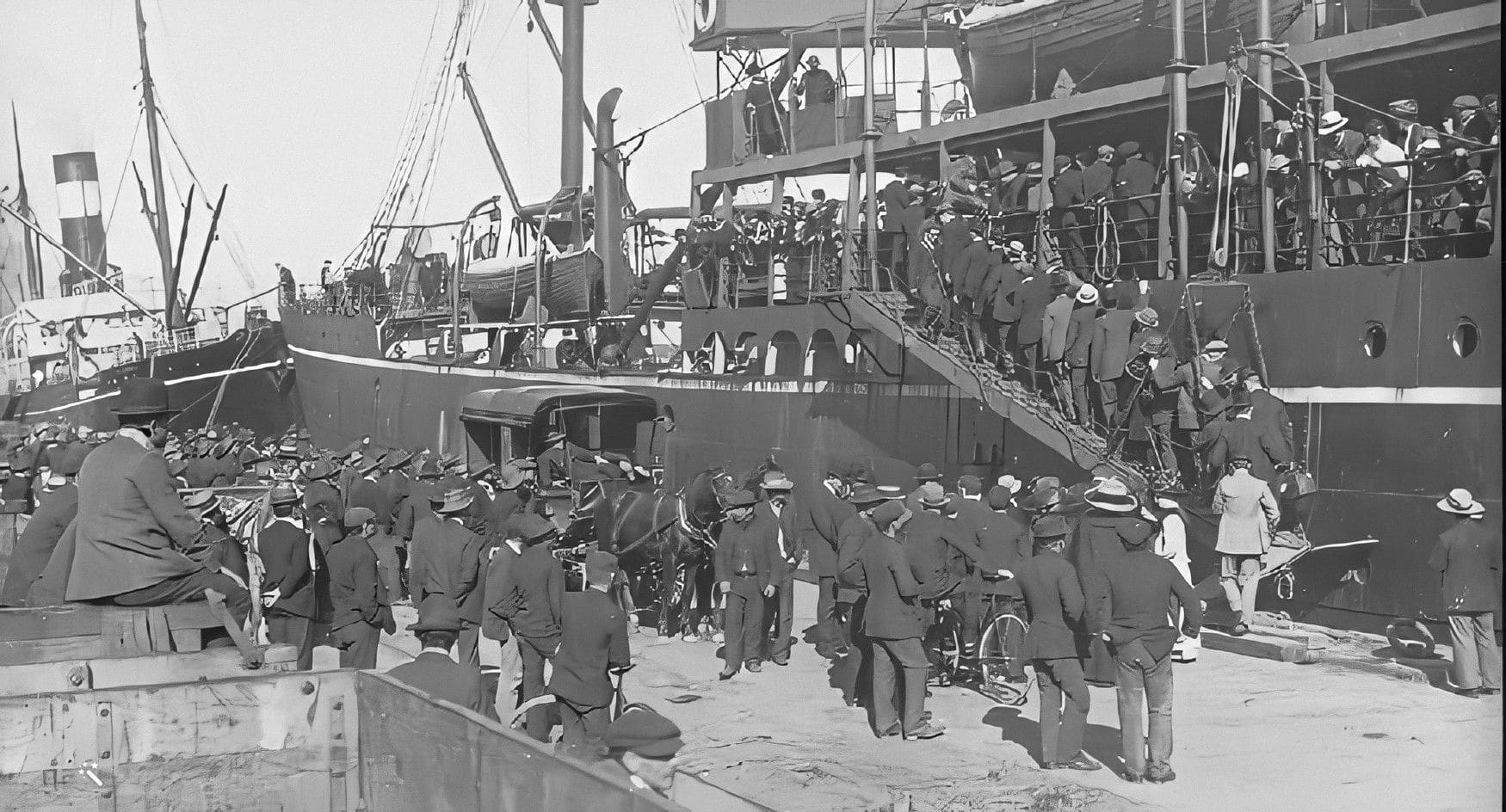
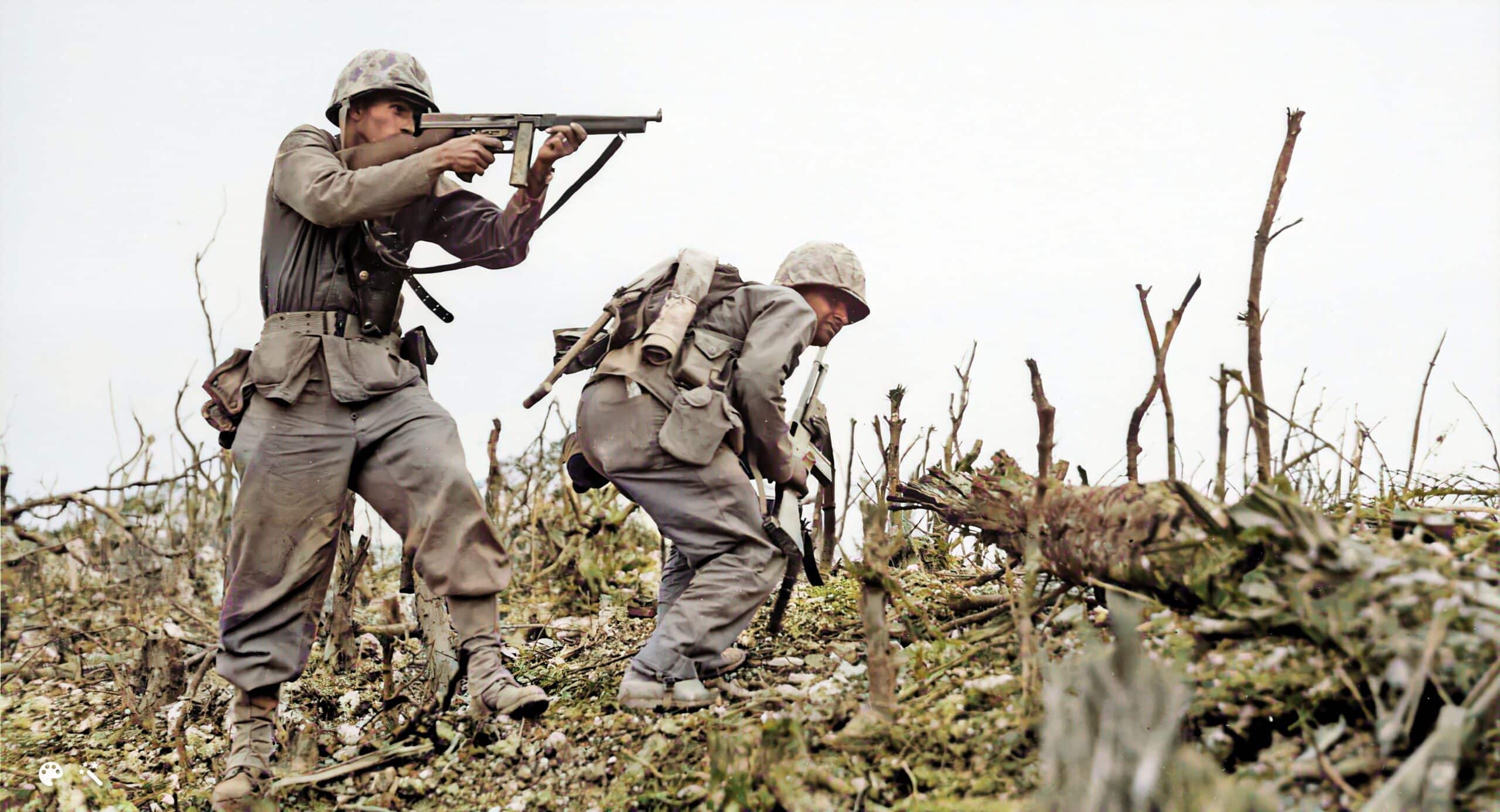
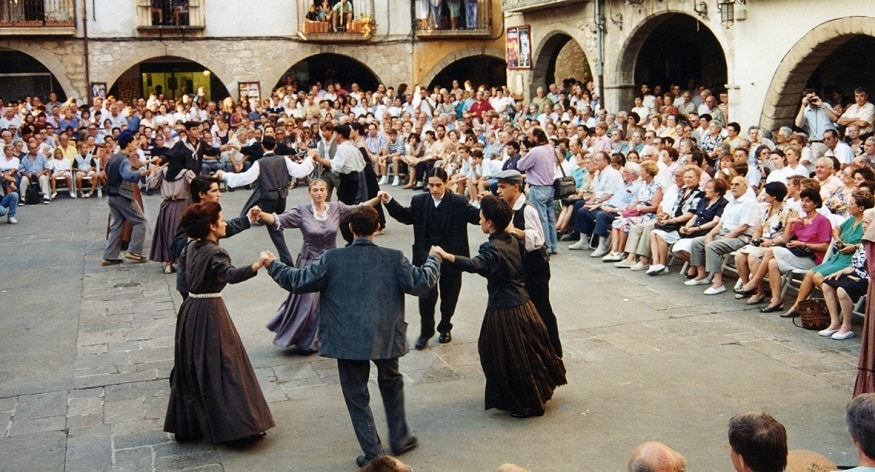
Neldon Adams
October 28, 2015
Interesting article and person. I certainly haven’t made as extensive use of Google tools as she, but, quite often Google search gives me important connections even about spouces, siblings and children. I’ve made some use of Google Earth, as well. Thanks for the article.